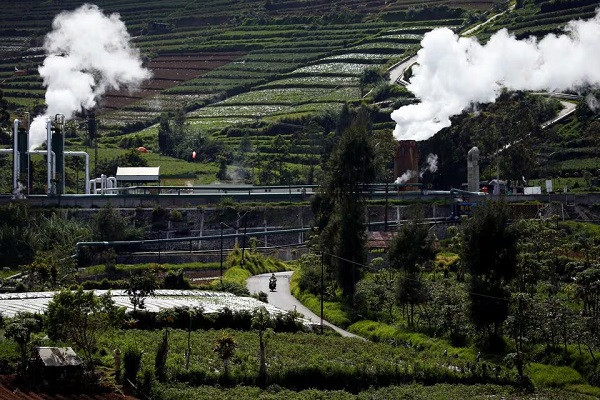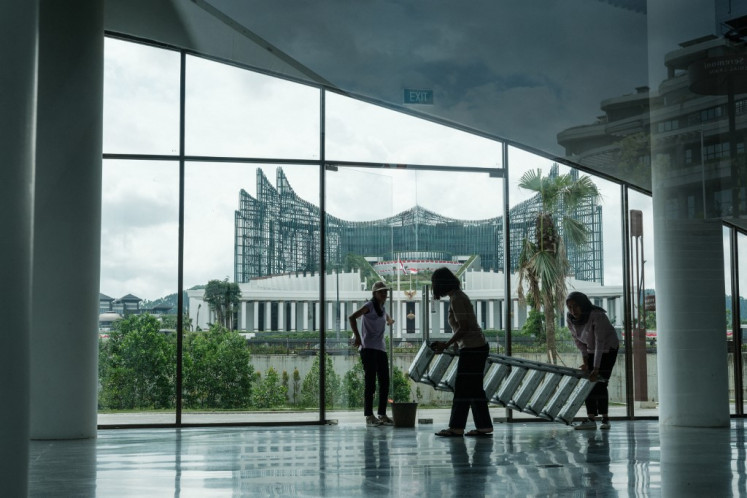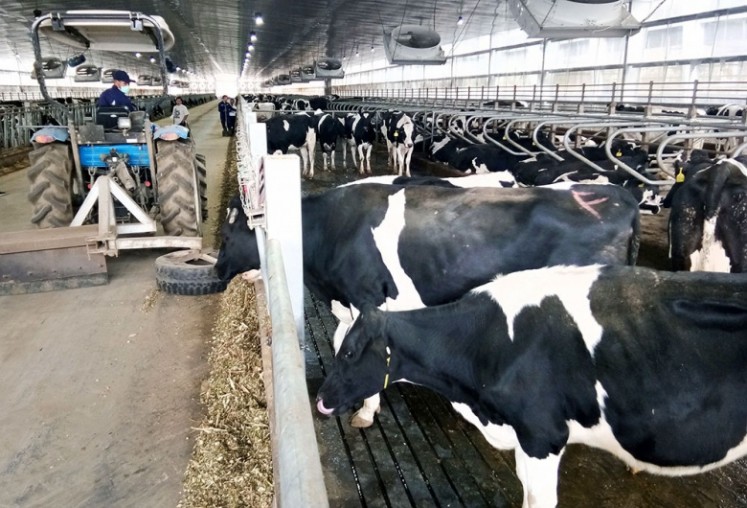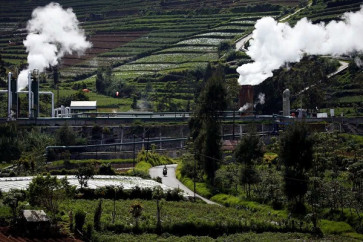Popular Reads
Top Results
Can't find what you're looking for?
View all search resultsPopular Reads
Top Results
Can't find what you're looking for?
View all search resultsRules still stacked against renewables as Jokowi era draws to close
Change text size
Gift Premium Articles
to Anyone
I
ndonesia has seen little progress in its energy transition over the past decade as President Joko “Jokowi” Widodo has straddled two diverging boats, trying to increase power generation from renewable sources but failing to phase out coal.
The administration’s efforts to provide clean power to industrial parks in Indonesia were overshadowed by the growing use of coal in captive power plants, whose total generating capacity has increased nearly eightfold from 1.4 gigawatts in 2013 to 10.8 GW in 2023, Global Energy Monitor (GEM) data show.
Putra Adhiguna, managing director at the Energy Shift Institute, said the main sticking point in Indonesia’s renewable energy development over the past decade was the absence of higher-level legislation as deliberations for the new and renewable energy bill drag on.
“The next administration must immediately pass the [new and] renewable energy bill to demonstrate the country’s commitment to the energy transition and attract high-quality investment to achieve 8 percent economic growth,” he told The Jakarta Post on Friday.
Persisting reliance on coal
“The coal lobby may have a huge influence in the slow growth of our renewable [energy] electricity generation,” Putra said.
Agung Budiono, executive director of renewables pressure group Yayasan Indonesia Cerah, said the government’s policies were still fully supportive of the coal industry.



















